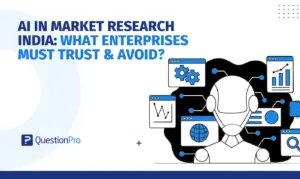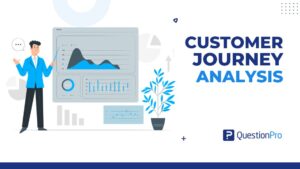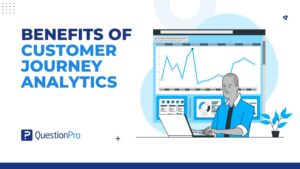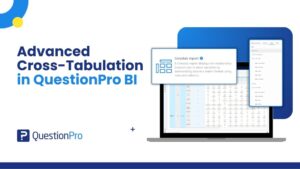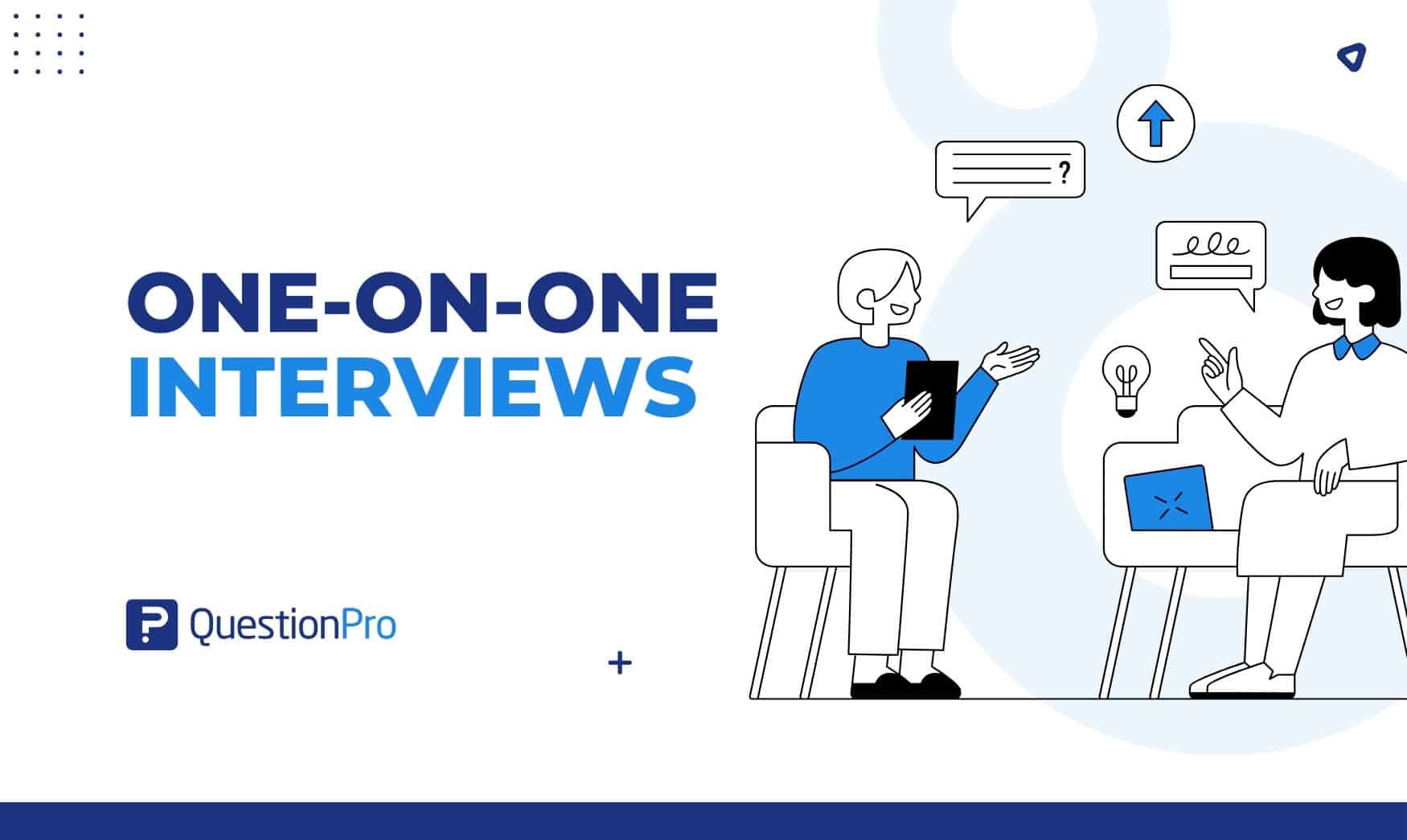
The job interview is a key part of the hiring process, where employers evaluate candidates’ qualifications, skills, and fit with the company culture. One-on-one interviews, in particular, provide a personalized and focused interaction between the interviewer and the candidate. Conducting interviews is crucial for research methods as well.
In the initial interview, the interviewer should approach the process thoughtfully, using a combination of open-ended and probing questions to gather valuable insights. It’s important to know how previous interviews influence the respondent’s perspective and avoid asking leading questions that could unintentionally impact their responses.
A skilled interviewer asks questions precisely and empathetically, creating an environment that encourages open and honest communication. Adequate preparation for the first interview involves a thorough understanding of the research objectives, enabling the interviewer to steer the conversation with purpose and extract meaningful data.
In this blog post, we will know what this one-on-one interview is, the techniques, questions, and the pros and cons associated with one-on-one interviews.
What is a One-On-One Interview?
A one-on-one interview is a qualitative research method in which an interviewer engages in a face-to-face conversation with a single participant or interviewee. This format allows for a focused and personalized interaction between the interviewer and the interviewed individual.
One-on-one interviews are commonly used in various fields, including social research, market research, journalism, and job recruitment.
In a one-on-one interview, the interviewer typically prepares questions or topics to discuss with the interviewee. These questions guide the conversation, but there is often room for flexibility and exploration of unexpected insights. The goal is to gather detailed information, opinions, experiences, or perspectives from the interviewee.
These interviews can be structured, semi-structured, or unstructured:
- Structured Interview: The interviewer follows a predetermined set of questions in a fixed order. This approach ensures consistency in data collection and allows for easier participant comparisons.
- Semi-Structured Interview: The interviewer has core questions but can explore additional topics or probe deeper into specific responses. This approach combines the benefits of structure with the opportunity for more in-depth exploration.
- Unstructured Interview: The conversation is open-ended, with no predetermined questions. The interviewer relies on the natural flow of the conversation, allowing the interviewee to express themselves freely.
One-on-one interviews are valuable for obtaining detailed, rich data, exploring complex issues, and understanding the individual perspectives of participants. They are particularly useful when a deep understanding of a subject is needed and when researchers want to explore nuances, emotions, and personal experiences.
These interviews can be conducted in person, over the phone, or through video conferencing, depending on logistical considerations and the preferences of the participants and researchers.
The success of a one-on-one interview often depends on the interviewer’s skills in building rapport, asking probing questions, and creating an environment where the interviewee feels comfortable sharing their thoughts and experiences.
- We also recommend reading: Stay interviews: What Is It, How to Conduct
Techniques for One-On-One Interviews
One-on-one interviews are a common and valuable method for assessing candidates during hiring. Employers use various techniques to make these interviews effective in evaluating a candidate’s skills, qualifications, and cultural fit. Here are some strategies for conducting successful one-on-one interviews:
1. Structured Interviews
In a structured interview, the interviewer follows a predetermined set of questions for all candidates. This consistency allows for a fair and objective evaluation of each candidate based on the same criteria.
The questions are carefully crafted to assess specific competencies, skills, and experiences relevant to the job.
2. Behavioral Interviews
This technique probes a candidate’s past behavior to predict future performance. Interviewers ask questions that require candidates to share specific examples of how they have handled situations in the past.
The STAR method (Situation, Task, Action, Result) is often used to structure responses and better understand a candidate’s abilities.
3. Situational Interviews
Situational interviews present hypothetical scenarios related to the job, and candidates are asked how they would approach or solve these situations.
This technique assesses a candidate’s problem-solving skills, decision-making process, and ability to apply knowledge to real-world situations.
4. Case Interviews
Common in industries such as consulting and finance, case interviews present candidates with real or hypothetical business problems. Candidates are expected to analyze the situation and provide solutions.
This technique evaluates analytical thinking, strategic planning, and the ability to apply knowledge to practical challenges.
5. Competency-Based Interviews
Competency-based interviews focus on specific competencies required for the job. Interviewers assess how well candidates align with these key competencies through targeted questions.
This technique helps evaluate a candidate’s suitability for the role based on the identified core competencies.
6. Role-Playing Exercises
In certain situations, role-playing exercises can be employed to simulate on-the-job scenarios. This allows the interviewer to observe how candidates handle specific tasks or interpersonal interactions.
Role-playing provides insights into a candidate’s practical skills, adaptability, and ability to perform under pressure.
7. Panel Interviews
While not strictly one-on-one, panel interviews involve multiple interviewers questioning a candidate simultaneously. Each panel member may represent different aspects of the job or the organization.
This technique provides diverse perspectives and allows for a more comprehensive evaluation.
8. Informational Interviews
Informational interviews focus on gathering more information about the candidate’s background, experiences, and aspirations. It creates a more conversational setting to understand the candidate’s motivations and career goals.
This technique helps assess cultural fit and whether the candidate’s values align with the organization’s.
One-On-One Interview Questions to Ask
The questions you ask during a one-on-one interview can vary based on the specific role and the skills you seek in a candidate. Here’s a set of questions across different categories that you might find helpful:
Background and Experience
- Can you walk me through your resume and highlight key experiences?
- How did you become interested in this field/industry?
- What specific skills or qualifications make you a good fit for this role?
Behavioral Questions
- Can you provide an example of a challenging situation at work and how you handled it?
- How do you prioritize and manage your time when faced with multiple tasks or projects?
- Describe a successful project you worked on and your role in its success.
Problem-Solving and Decision-Making
- How do you approach problem-solving in the workplace?
- Can you share a situation where you had to make a tough decision and how you reached that decision?
- What steps do you take when faced with a difficult task or challenge?
Teamwork and Collaboration
- How do you contribute to a team environment?
- Can you describe a time when you had to work with diverse personalities on a team?
- What strategies do you use to resolve conflicts within a team?
Motivation and Goals
- What motivates you in your work?
- Where do you see yourself professionally in the next 5 years?
- How do you stay updated on industry trends and developments?
Also read: Stakeholder Interviews: A Guide to Effective Engagement
One-On-One Interview Advantages and Disadvantages
Advantage
- Depth of Information: One-on-one interviews allow for an in-depth topic exploration. The interviewer can delve into details, probe responses, and seek clarification to gain a comprehensive understanding.
- Personalization: The interviewer can tailor questions to the individual, considering their background, experiences, and perspectives. This personalization can lead to richer and more nuanced insights.
- Flexibility: The format allows flexibility in timing, location, and pace. It’s easier to adapt the interview based on the respondent’s reactions, ensuring a more natural and comfortable conversation.
- Building Rapport: Close interaction in a one-on-one setting can help create rapport between the interviewer and the interviewee. This rapport may encourage the interviewee to be more open and honest.
- Non-verbal Cues: The interviewer can observe and interpret non-verbal cues such as body language, facial expressions, and tone of voice, providing additional layers of information.
Disadvantages
- Bias and Subjectivity: The presence of a single interviewer can introduce bias. Personal biases, conscious or unconscious, may influence the questions asked and the interpretation of responses.
- Limited Perspectives: A one-to-one interview may not capture a given topic’s full range of perspectives. Group settings or other methods might be more effective in revealing diverse viewpoints.
- Resource-Intensive: Conducting individual interviews can be time-consuming and resource-intensive, especially if a large sample size is required. This can limit the feasibility of using this method in certain research or data collection projects.
- Interviewee Comfort Level: Some individuals may feel uncomfortable being the sole focus of attention, leading to potential response distortion or the withholding of information.
- Difficulty in Generalization: Findings from one-on-one interviews may only sometimes be easily generalized to a broader population. The insights gained might be specific to the individual interviewed.
- Interviewer Influence: The interviewer’s presence and style can influence the interviewee’s responses. Some may conform to societal expectations or give socially desirable answers.
Conclusion
One-on-one interviews remain a popular and effective method for evaluating candidates. Employers can gain valuable insights into candidates’ suitability for a role by employing various techniques and asking relevant questions.
Balancing the benefits of this interview format’s inherent subjectivity and potential limitations is essential. Combining one-on-one interviews with other assessment methods can provide a more comprehensive and accurate hiring process.
Leveraging the QuestionPro Research Suite can significantly enhance the efficiency and effectiveness of one-on-one interviews. With its versatile survey and feedback capabilities, this platform empowers interviewers to create structured, tailored questionnaires, ensuring a focused exploration of candidate skills and experiences.
The real-time feedback feature facilitates immediate insights, enabling interviewers to adapt and make informed decisions during the interview process. The platform’s user-friendly interface and analytics tools further streamline the assessment process, making QuestionPro Research Suite a valuable asset for organizations seeking a comprehensive and data-driven approach to one-on-one interviews.




